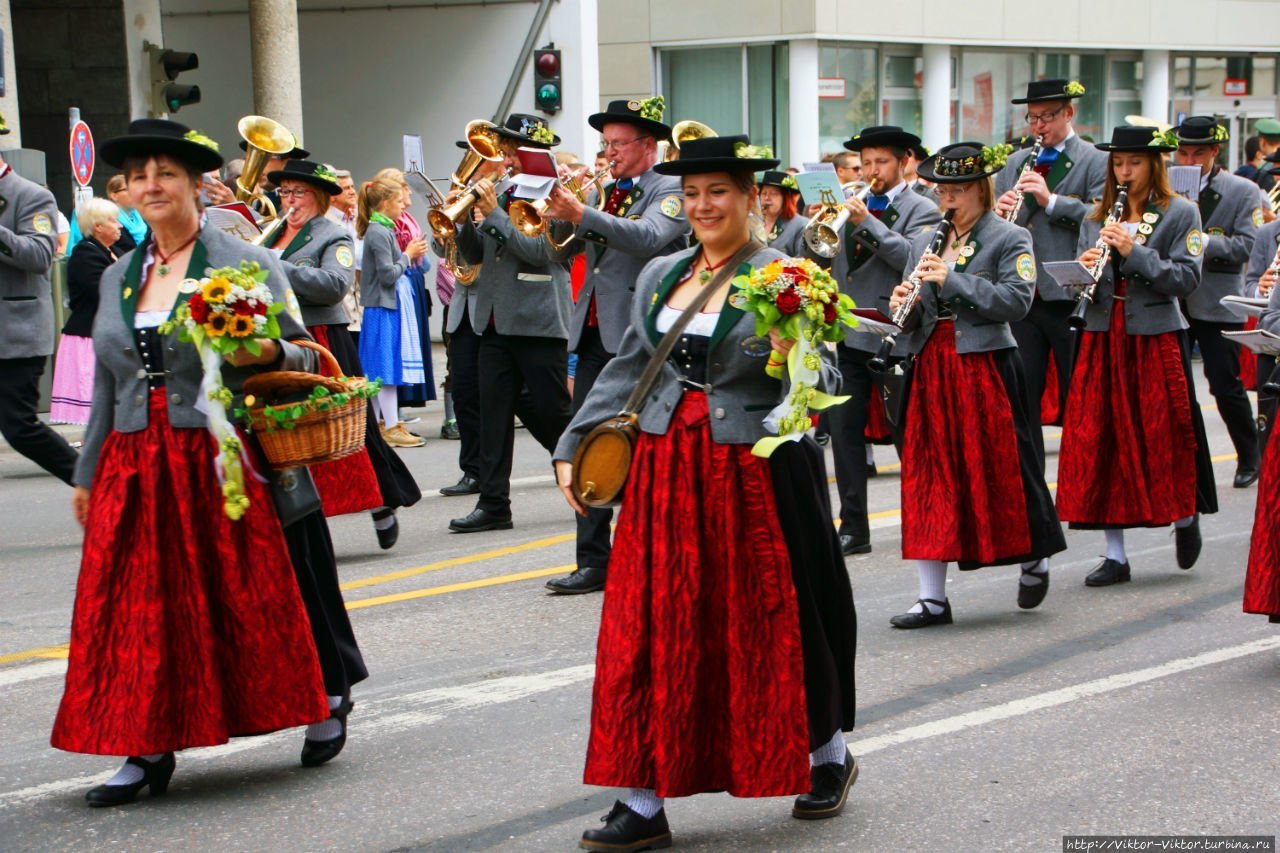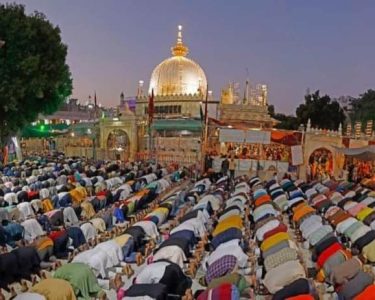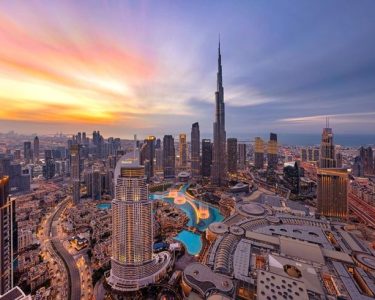Germany, a land of rich history and diverse landscapes, boasts a culture that is deeply rooted in traditions and customs. The essence of German culture is reflected in its festivals, music, art, and daily practices. To truly understand Germany, one must delve into its cultural fabric, which has been woven through centuries of history and heritage.
German Traditions
German culture is a tapestry of historical influences, from the Roman Empire to the Holy Roman Empire, the Reformation, and the tumultuous 20th century. Each era has left an indelible mark on the customs and traditions that define Germany today. The resilience and adaptability of the German people are mirrored in their cultural practices, which have evolved yet remain deeply connected to their roots.
Regional Diversity
Germany is a mosaic of regional cultures, each with its unique traditions and customs. Bavaria, Saxony, and the Rhineland, among others, offer distinct cultural experiences. Folk traditions, such as the Bavarian Oktoberfest and the Rhineland’s Carnival, highlight the regional diversity within Germany. These festivals are not only celebrations but also a means of preserving cultural heritage and fostering a sense of community.
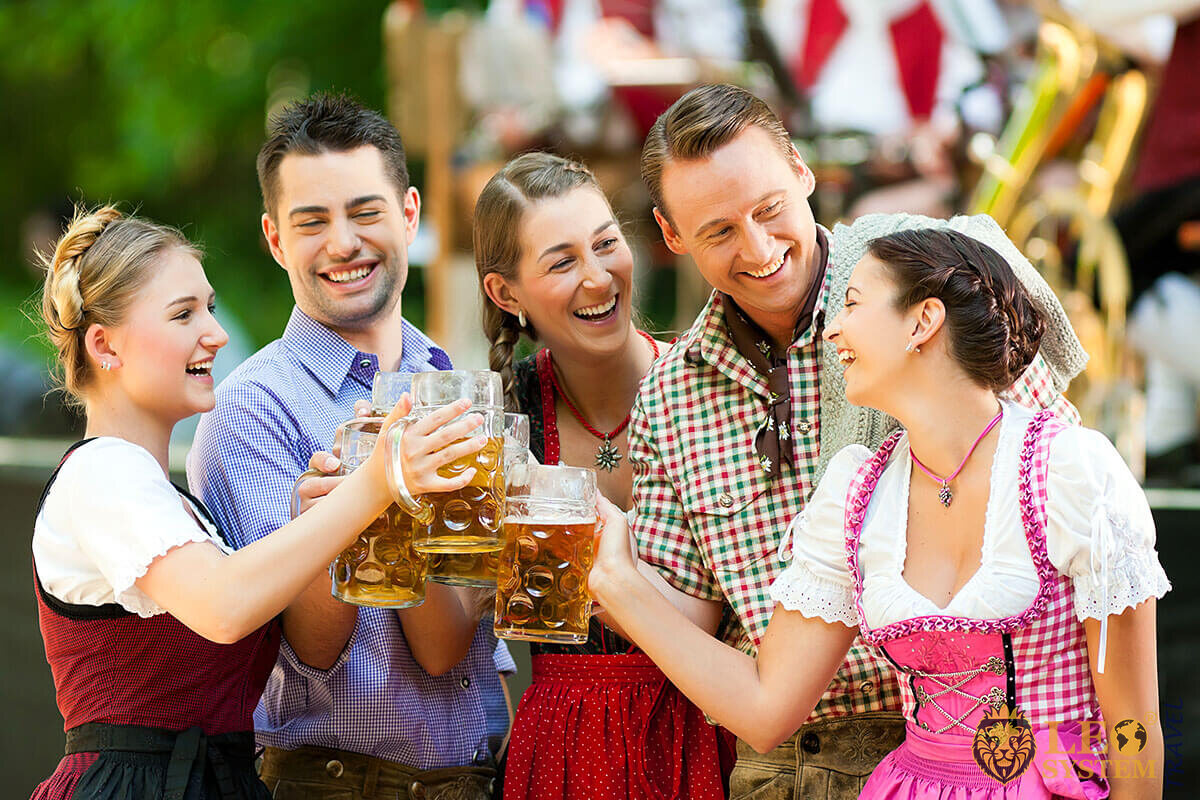
Celebrations
Oktoberfest, held annually in Munich, is perhaps the most famous German festival. Originating in 1810, it is a celebration of Bavarian culture, featuring traditional music, dance, food, and, of course, beer. Millions of visitor’s flocks to Munich to partake in the festivities, donning traditional attire like lederhosen and dirndls. Oktoberfest is a vibrant display of German conviviality and a testament to the country’s love for communal celebration.
Season of Merriment
Carnival, or Karneval, Fasching, or Fastnacht, depending on the region, is a period of exuberant celebrations leading up to Lent. The Rhineland, particularly cities like Cologne, Düsseldorf, and Mainz, is renowned for its elaborate parades, costumes, and festivities. Carnival is a time for people to let loose, with traditions such as Weibe Fastnacht (Women’s Carnival Day) and Rosenmontag (Rose Monday) highlighting the season’s revelry.
Winter Wonderland
Germany’s Christmas markets, or Weihnachtsmärkte, are a beloved tradition, transforming towns and cities into festive wonderlands. These markets, dating back to the late Middle Ages, offer a magical atmosphere with twinkling lights, festive decorations, and the aroma of mulled wine and gingerbread. From Nuremberg’s Christkindlesmarkt to Dresden’s Striezelmarkt, these markets are integral to the German Christmas experience, fostering a sense of warmth and community.
German Culinary Traditions
Bread, or Brott, is a cornerstone of German cuisine. With over 300 varieties, German bread culture is recognized by UNESCO as an intangible cultural heritage. From the dense, dark rye breads to the lighter, crusty Brothen (rolls), bread is a daily staple in Germany. Bakeries, or Beckemeier, are integral to communities, offering an array of freshly baked goods that reflect regional specialties.
Sausages and Meat Dishes
Germany is famous for its sausages, or Wurst, with over 1,500 varieties. Bratwurst, Weisswurst, and Currywurst are just a few examples of the diverse sausage culture. Meat dishes, such as Sauerbraten (marinated pot roast) and Schwinghamer (pork knuckle), are also central to German cuisine. These hearty dishes, often accompanied by potatoes, cabbage, and rich gravies, reflect the country’s agricultural heritage and preference for substantial meals.
Beer and Beverages
Beer is synonymous with German culture. The Reinheitsgebot, or Beer Purity Law of 1516, underscores the importance of quality in German brewing. From the light, crisp Pilsners to the dark, malty Dunkel’s, German beers cater to a variety of tastes. Beer gardens, or Biergarten, offer communal spaces where people can enjoy a cold beer in a relaxed, social setting. In addition to beer, Germany is known for its wines, particularly Rieslings from the Rhine and Moselle valleys, and spirits like Schnapps.
Music and Arts in German Culture
Germany has a rich musical heritage, producing some of the world’s most renowned composers. Johann Sebastian Bach, Ludwig van Beethoven, and Richard Wagner are just a few of the musical geniuses whose works have shaped classical music. Germany’s commitment to music is evident in its numerous concert halls, opera houses, and festivals dedicated to classical music, such as the Bayreuth Festival and the Beethoven fest.
Contemporary Music and Festivals
In addition to its classical legacy, Germany has a vibrant contemporary music scene. Cities like Berlin are hubs for electronic music, with renowned clubs like Bergheim attracting global audiences. Music festivals, such as Rock am Ring and the Berlin International Film Festival (Berlinale), highlight Germany’s dynamic cultural landscape and its ability to blend tradition with modernity.
Visual Arts and Literature
Germany’s contributions to visual arts and literature are profound. The Bauhaus movement revolutionized modern art and architecture, while artists like Albrecht Dürer and Caspar David Friedrich have left lasting legacies. German literature, from the philosophical works of Goethe and Schiller to contemporary authors like Günter Grass and Herta Müller, reflects the intellectual depth and diversity of German culture.
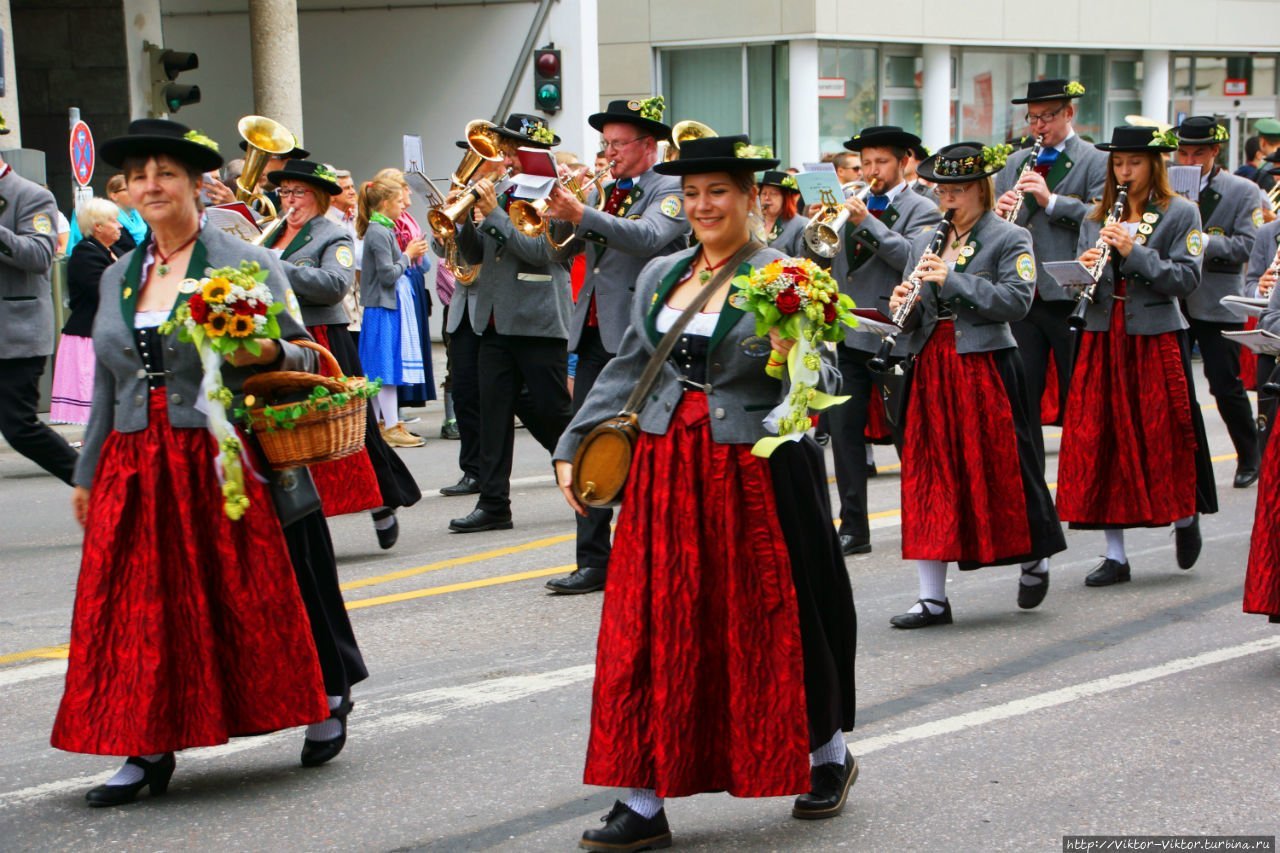
Social Etiquette
In Germany, greetings are formal, with a firm handshake and direct eye contact being customary. Titles are important, and it is polite to address people by their academic or professional titles followed by their surname. Social interactions are characterized by a balance of formality and friendliness, with a strong emphasis on punctuality and reliability.Germany is home to some of the world’s finest museums and galleries. The Pergamon Museum in Berlin houses monumental structures such as the Pergamon Altar and the Ishtar Gate. The Alte Pinakothek in Munich features one of the most significant collections of Old Master paintings. These institutions preserve and showcase Germany’s rich cultural and historical heritage.
Work Ethic and Professionalism
The German work ethic, known as Arbeit moral, is renowned for its efficiency, diligence, and precision. Germans take pride in their work, valuing quality and craftsmanship. Professionalism extends to all aspects of business, with clear communication, thorough preparation, and a focus on results being hallmarks of the German workplace.
Family and Community Life
Family is the cornerstone of German society. Family gatherings and traditions are highly valued, with Sundays often reserved for family activities. Community life is also important, with local clubs and organizations, known as Verene, playing a significant role in fostering social bonds and preserving cultural traditions.
Conclusion:
German culture is a rich and multifaceted tapestry, woven from centuries of history, regional diversity, and a deep appreciation for tradition. Whether through its festivals, culinary delights, music, arts, or everyday customs, Germany offers a unique cultural experience that is both deeply rooted and dynamically evolving. Embracing German culture means appreciating its complexities and celebrating its contributions to the global cultural landscape.

